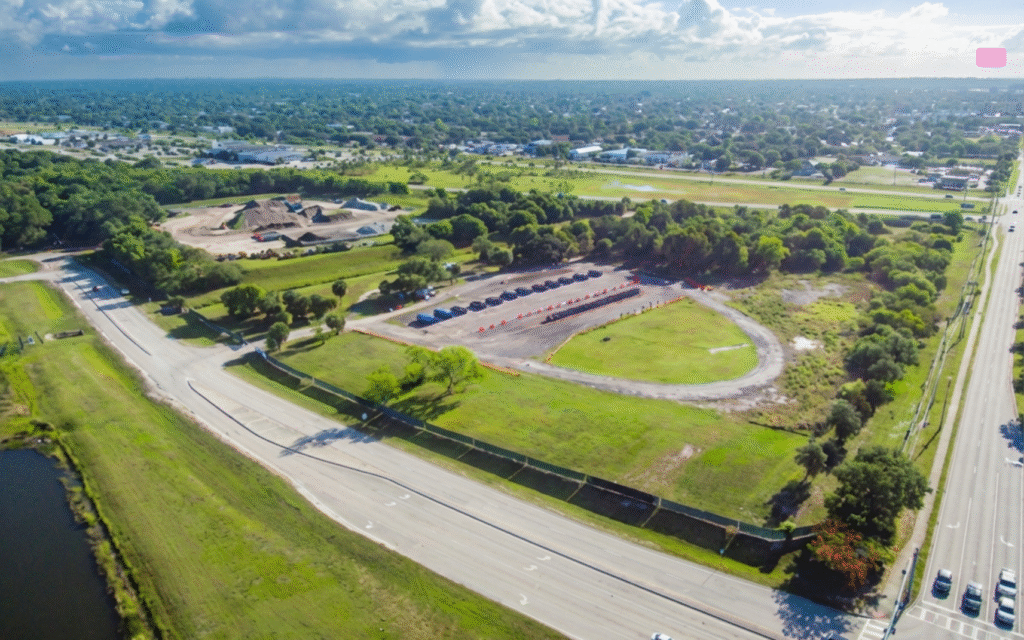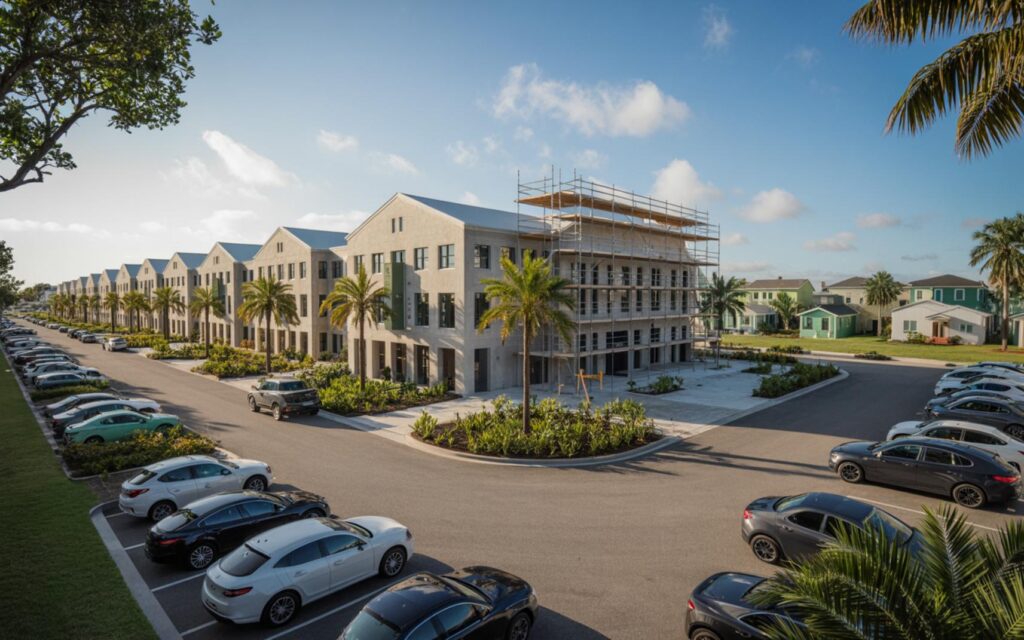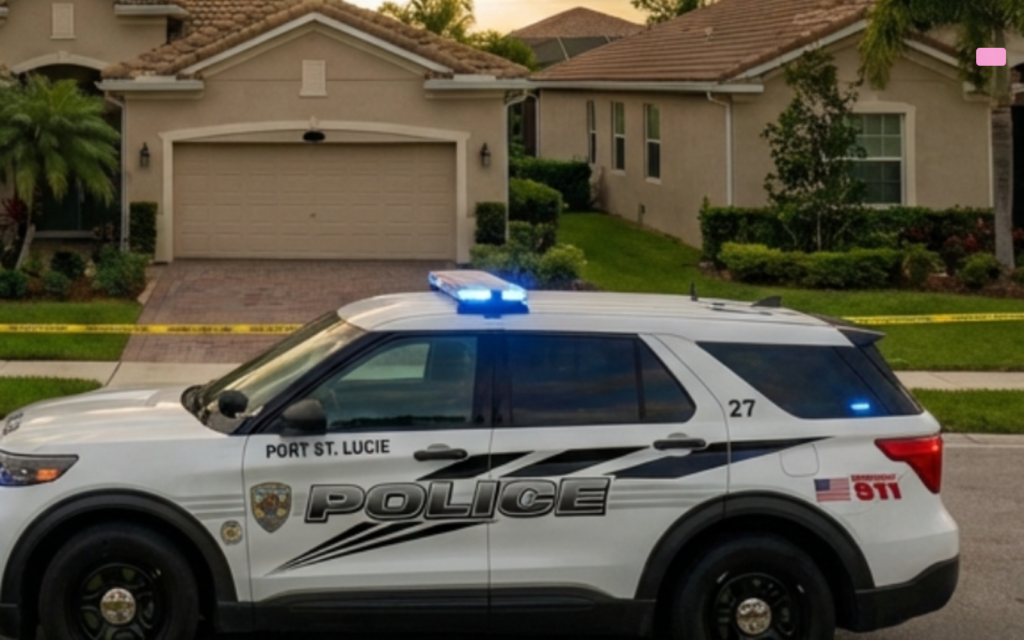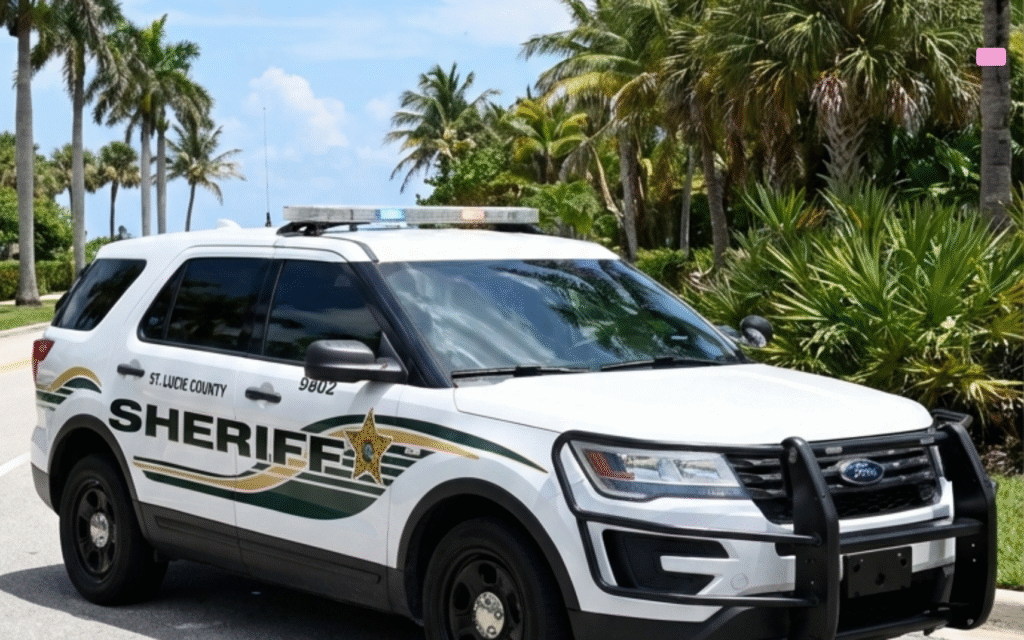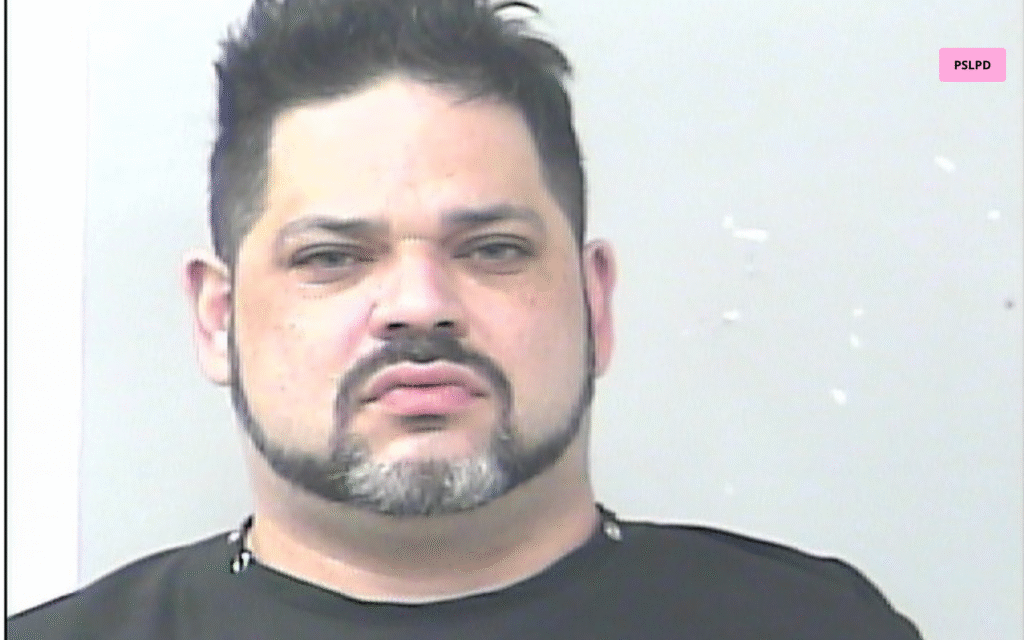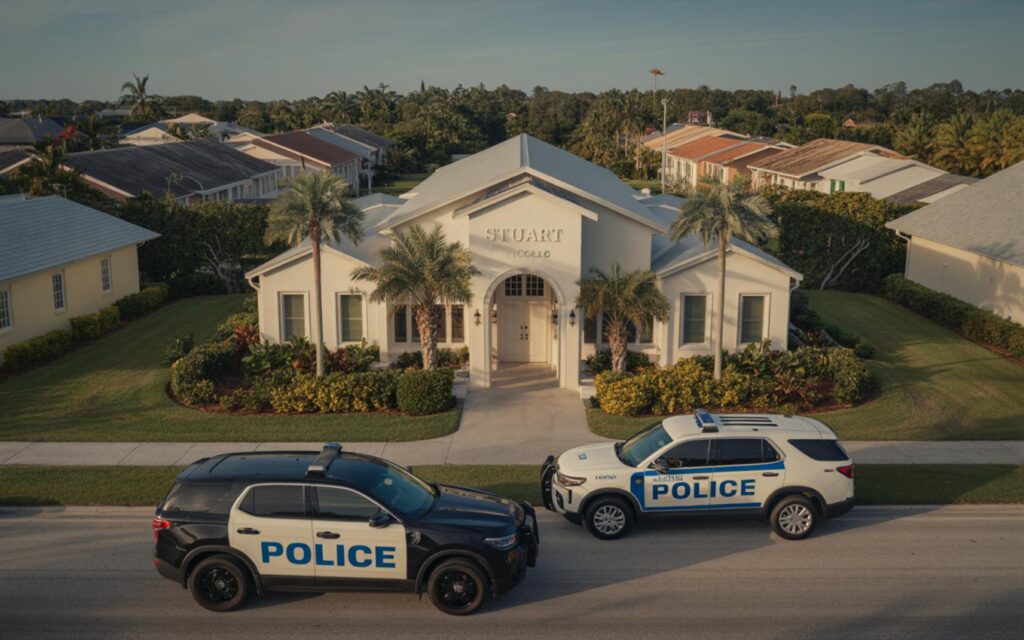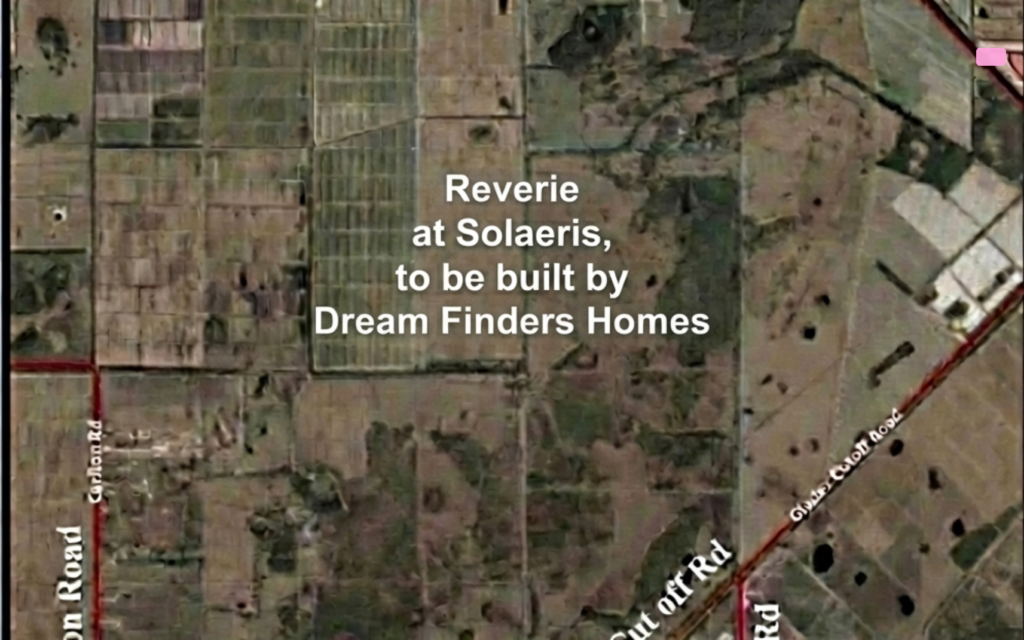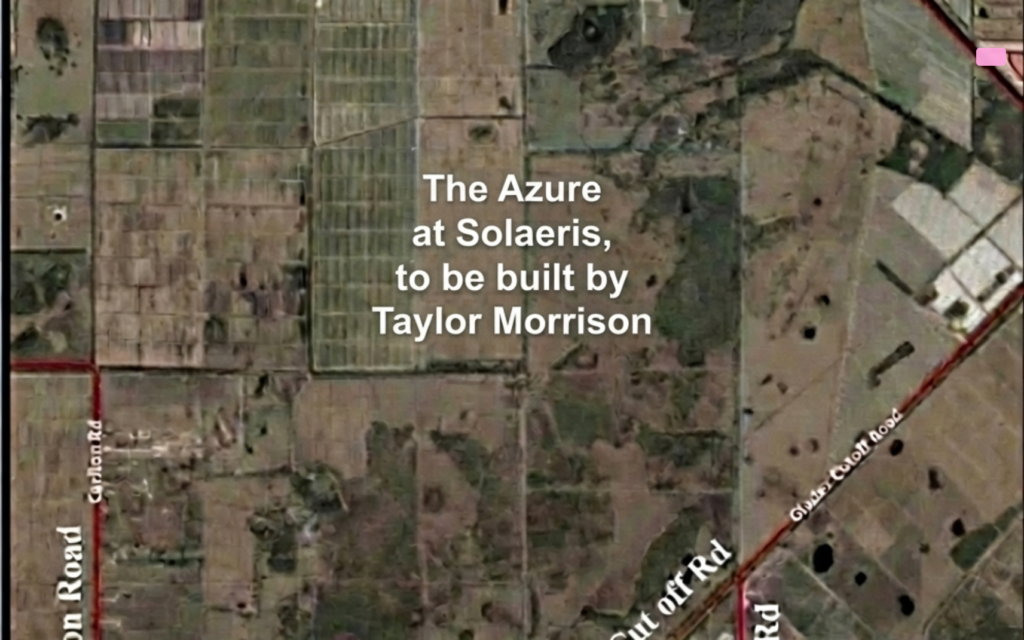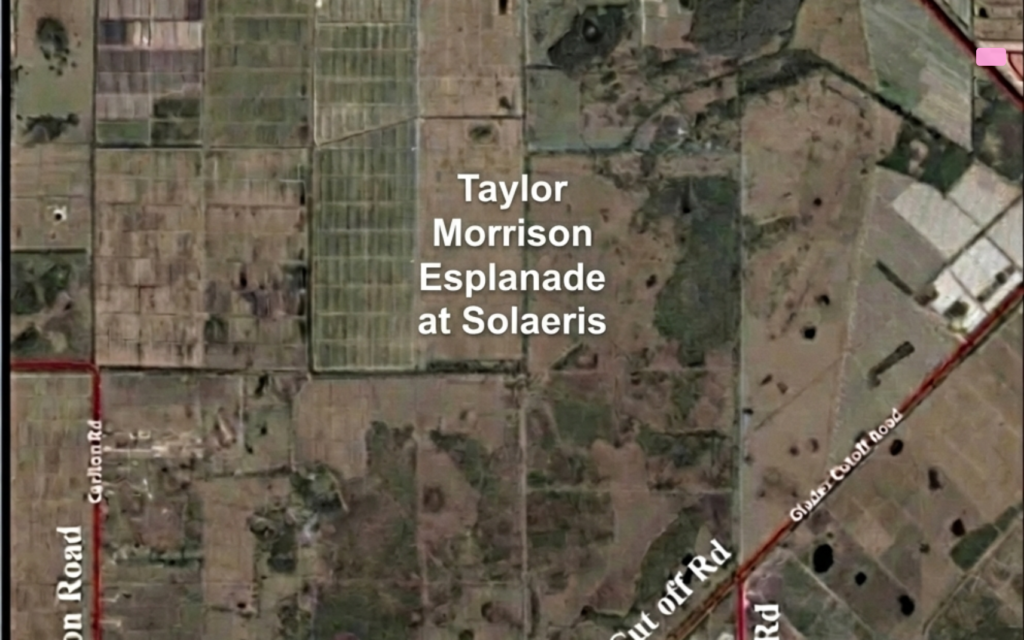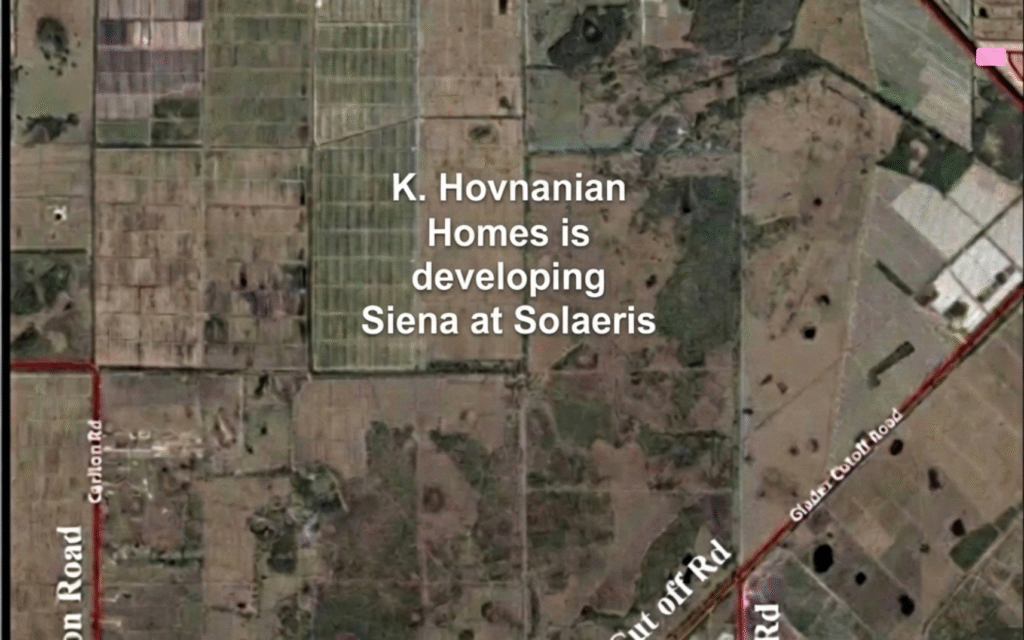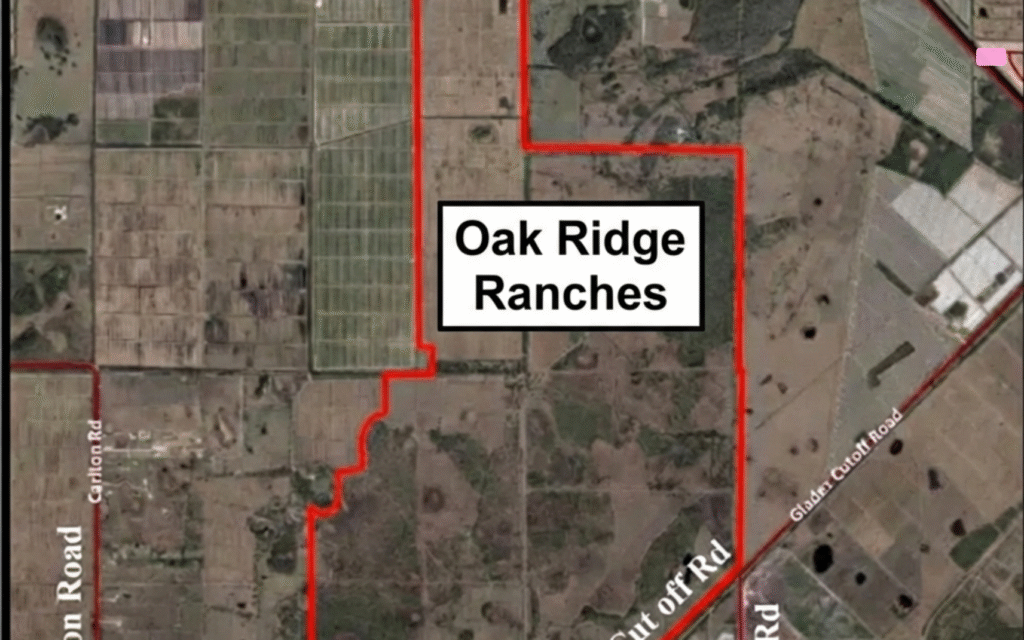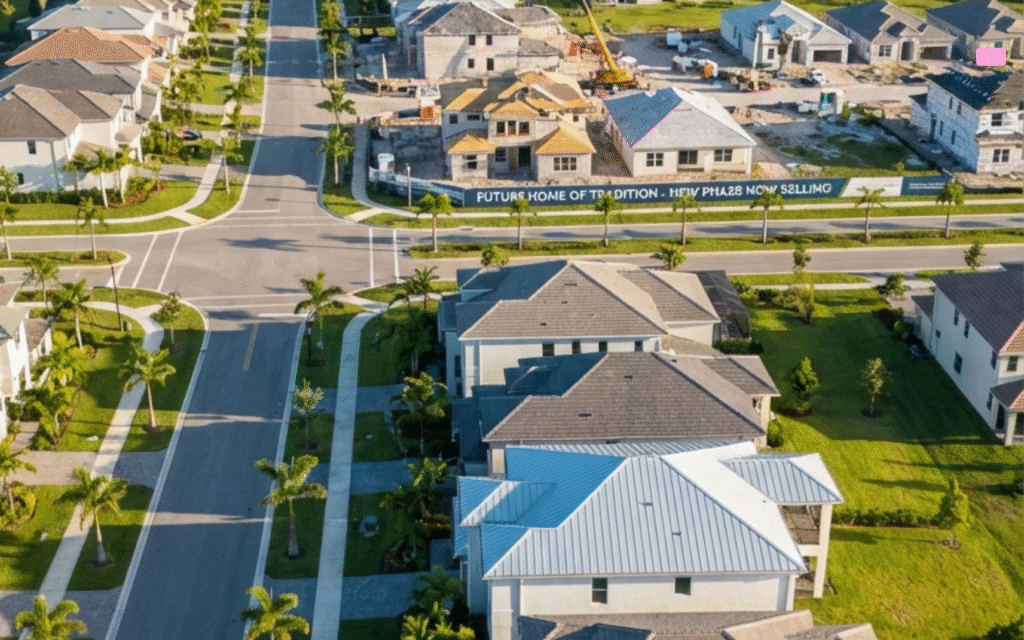The Veranda Gardens community in Port St. Lucie is at the center of a tax dispute involving its clubhouse, with the main issue focused on whether special assessments on the property are valid under Florida law. This tax dispute has led to financial uncertainty for residents and highlights the importance of accurate property classification for common areas in residential communities.
Veranda Gardens Tax Dispute: Background and Timeline
The tax dispute at Veranda Gardens began when a consulting engineer made an error in classifying the clubhouse property. According to city officials, this error resulted in approximately $100,000 in taxes or special assessments being imposed on the clubhouse, which is a common area used by residents for various activities.
Initially, the City of Port St. Lucie requested the tax collector to remove future assessments and refund taxes paid in 2019 and 2020. Officials reported that this request was granted after the property was determined to have been valued in error. However, after further review, the city’s consulting engineer reversed the earlier decision and concluded that the assessment should be reinstated. This reversal returned the tax burden to the homeowners’ association.
Nature of the Assessments and Legal Framework
The City of Port St. Lucie maintains that the charges on the clubhouse are not technically taxes but special assessments, even though the bills are issued by the tax authority. According to city officials, these assessments are intended to cover specific services or improvements rather than general taxation.
Florida law generally prohibits separate taxation or assessment of common elements, such as clubhouses, that are used exclusively for the benefit of subdivision lot owners. The law is designed to protect homeowners’ associations and residents from being taxed multiple times for amenities that serve the entire community.
Impact on Homeowners’ Association
The Veranda Gardens Homeowners’ Association has begun consulting legal counsel and is preparing to sue the city to challenge the assessment. The association aims to protect the clubhouse from potential loss and to clarify the legal status of the assessments.
According to the association, payments are being made under protest to avoid losing the clubhouse while the legal process unfolds. This approach is common in disputes where property rights or community assets are at risk.
Broader Context: Property Values and Tax Pressures in Florida
This tax dispute in Port St. Lucie comes at a time when property values and tax pressures are rising across Florida. As property values increase, local governments and tax authorities may face increased scrutiny over how common amenities in residential communities are assessed and taxed.
Experts note that disputes like the one in Veranda Gardens often arise from misclassification or administrative errors. Resolution typically depends on a clear interpretation of state law regarding common property and local assessment practices.
Importance of Accurate Property Classification
The situation at Veranda Gardens highlights the need for accurate property classification by consulting engineers and local officials. Administrative errors can have significant financial impacts on homeowners’ associations and may threaten access to community amenities.
According to official sources, ensuring that common elements are correctly classified and assessed is essential to avoid unnecessary financial burdens on residents and to comply with Florida law.
Ongoing Legal Process and Community Impact
The legal process between the homeowners’ association and the City of Port St. Lucie is ongoing. Details may be updated as the investigation and legal proceedings continue. The outcome of this dispute may set a precedent for how similar cases are handled in other Florida communities.
Residents of Veranda Gardens continue to face financial uncertainty as the association makes payments under protest. The situation underscores the importance of clear communication between local authorities, consulting professionals, and community associations regarding the classification and assessment of common property.
Frequently Asked Questions About Veranda Gardens Tax Dispute
What is the Veranda Gardens tax dispute in Port St. Lucie?
The Veranda Gardens tax dispute involves special assessments placed on the community clubhouse due to a property classification error. The homeowners’ association is challenging these assessments, claiming they are not allowed under Florida law for common areas.
How much is the assessment on the Veranda Gardens clubhouse?
According to city officials, the assessment is approximately $100,000. This amount covers taxes or special assessments imposed on the clubhouse property.
Are common areas in Port St. Lucie communities usually taxed?
Florida law generally prohibits separate taxation or assessment of common elements, such as clubhouses, that are used only by subdivision lot owners. However, administrative errors can lead to disputes like the one at Veranda Gardens.
Can you lose a clubhouse if assessments are not paid?
If assessments or taxes are not paid, there is a risk of losing the property through tax liens or other legal actions. This is why the Veranda Gardens homeowners’ association is making payments under protest while the issue is resolved.
Where are other tax disputes like this happening in Florida?
Similar tax disputes can occur in other Florida communities, especially where property classification errors or rising property values lead to new assessments on common amenities. Each case depends on local practices and state law.


